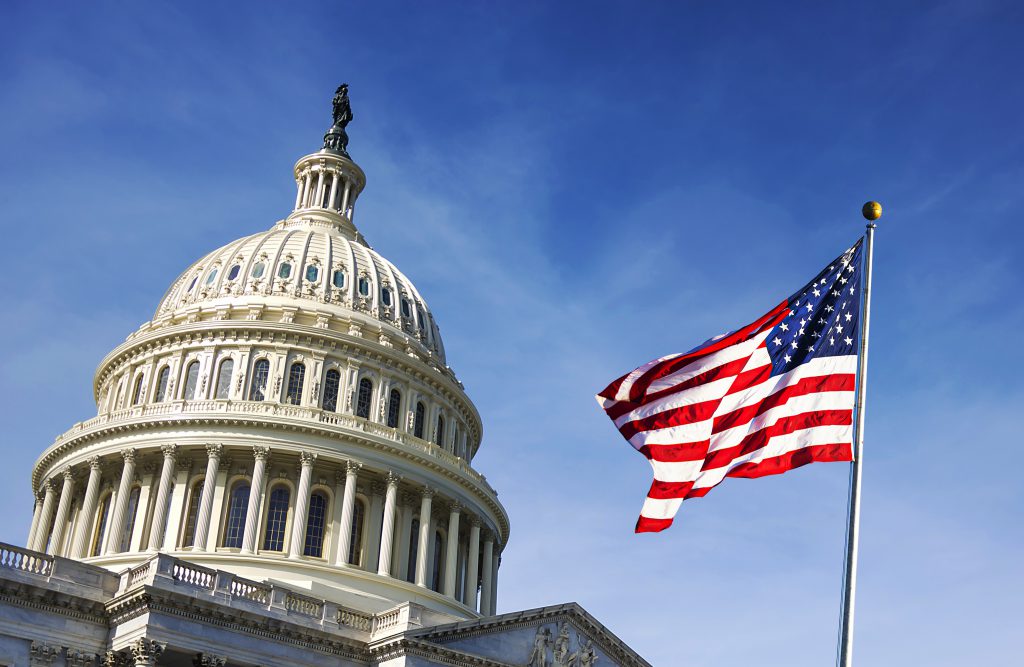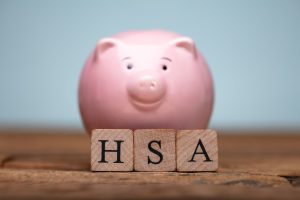President Trump signed the Families First Coronavirus Response Act on March 18, 2020, expanding paid leave and unemployment benefits to Americans impacted by the coronavirus pandemic.
The Act:
- Requires all government employers and private employers with fewer than 500 employees to offer two weeks of paid leave to employees (see Emergency Paid Sick Leave Act, below),
- Offers 12 weeks of paid leave to employees whose children’s schools or childcare providers have closed (see Emergency Family and Medical Leave Expansion Act, below),
- Increases funding for food assistance programs,
- Expands unemployment insurance, and
- Guarantees free coronavirus testing even for the uninsured.
More detail about the impacts to employers can also be found in our COVID-19 FAQ.
Covered Employers
All public-sector employers are covered by this Act.
In the private sector, only employers with fewer than 500 employees are subject to the two provisions listed below.
Employers can exclude employees who are health care providers or emergency responders. The Secretary of Labor is granted future authority to exempt small businesses under 50 employees if the requirements jeopardize the viability of the business.
Emergency Paid Sick Leave Act
This portion of the law requires employers to offer full-time employees 80 hours of paid leave at the employee’s regular rate (capped at $511 per day) for the following COVID-19 related reasons:
- Employee is under government quarantine/isolation
- Self-isolating at the direction of a health care provider
- Displaying symptoms and seeking a diagnosis
Full-time employees are eligible for 80 hours of paid leave at two-thirds of their regular rate (capped at $200 per day) to care for an individual subject to quarantine or isolation, or to care for a child whose school or care is closed or unavailable due to COVID-19 precautions.
The law also specifies employees can be eligible if they are “experiencing any other substantially similar condition specified by the Secretary of Health and Human Services in consultation with the Secretary of the Treasury and the Secretary of Labor.”
Part-time employees are entitled to the number of hours they work, on average, over a two-week period. More information about calculating hours for part-time employees can be found in our COVID-19 FAQ.
Emergency Family and Medical Leave Expansion Act
This provision of the law temporarily expands the FMLA to provide paid, job-protected leave for employees who are unable to work (including telecommuting) because they need to care for a child under the age of 18 whose school has closed, or whose child care provider is unavailable for reasons related to COVID-19.
The first ten days of this leave may be unpaid. Employees can use accrued vacation, personal sick days or Emergency Paid Sick Leave during this time, but employers cannot require them to do so. The remainder of their leave must be paid at two-thirds their regular rate (capped at $200 per day and $10,000 total).
Further Legislation Expected
This expansion is part of a broad response Congress is anticipated to make over the coming weeks. Senate Majority Leader Mitch McConnell (R-Ky) has indicated the Senate will not adjourn without passing additional relief measures. The Trump administration is seeking a stimulus package of $850 billion to $1 trillion, with direct payments to individuals and some $300 billion in aid to small businesses impacted by the pandemic.
For more information, visit our COVID-19 FAQ.







